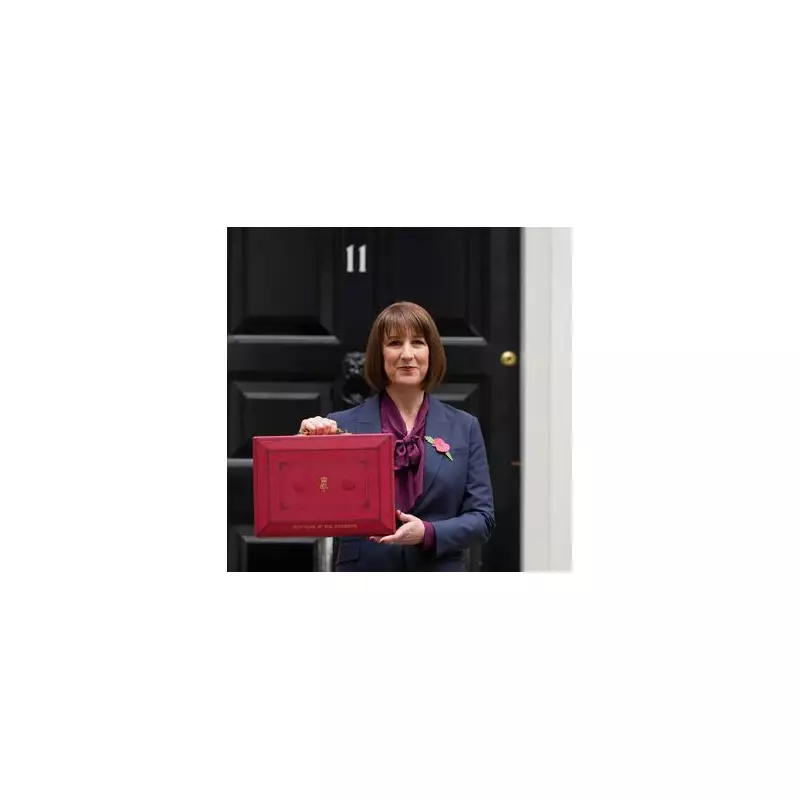
Chancellor Rachel Reeves is under mounting pressure to deliver urgent help for millions of households struggling with the cost of living when she unveils her Budget.
A Plea for Relief
In an open letter, the Chancellor is being urged to use every power at her disposal to alleviate the financial pressure on ordinary people across the country. The past few years have been described as relentless, with families hit by a combination of sky-high energy bills, rocketing food prices, and rising borrowing costs.
While inflation may have peaked, offering a glimmer of hope, the compound impact of successive price hikes has taken a severe toll on household finances. The public plea emphasises that people need to feel they have more money left at the end of each month.
Key Measures for the Budget
The government is being called upon to implement specific, quick-fire measures to provide relief. A primary demand is for a reduction in energy bills, including the scrapping of the 5% VAT rate on energy. The appeal goes further, asking the Treasury to explore what other elements of the bill could be temporarily removed.
Furthermore, there is a strong push for the Chancellor to honour her promise that those with the broadest shoulders pay their fair share of taxes. Addressing the wealth divide is highlighted as a critical issue that the Budget can begin to tackle.
Stimulating Growth and Supporting Communities
Alongside immediate cost-of-living support, stimulating economic growth is acknowledged as vital. The letter agrees that with growth comes more tax revenue, more jobs, and higher wages. While tax rises seem inevitable, it is crucial they are targeted to avoid stifling this needed economic expansion.
The nurturing of green shoots of growth can be achieved through both large projects and smaller, community-focused initiatives. The government is encouraged to provide support for high streets and community pubs, which act as vital social hubs and can help combat the loneliness crisis. Such funding, often not requiring vast sums, can act as a catalyst for long-term, positive change.
The letter concludes by acknowledging the challenging inheritance from the previous Tory government but urges the Chancellor to move beyond a narrative of what cannot be done. Instead, she is called upon to embrace the politics of what can be achieved to improve the lives of everyone looking to her for help.





